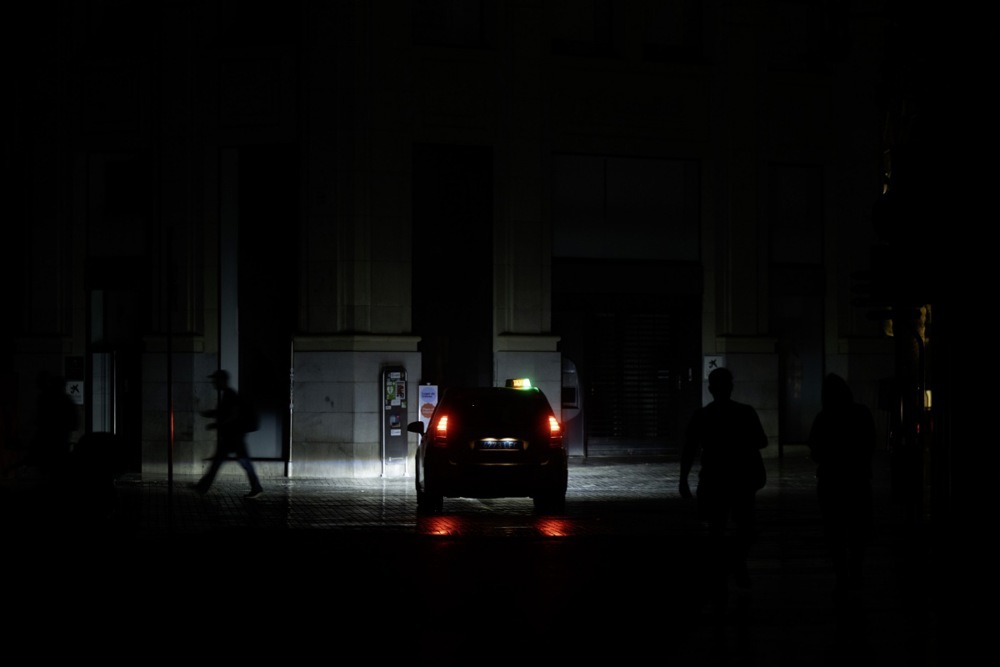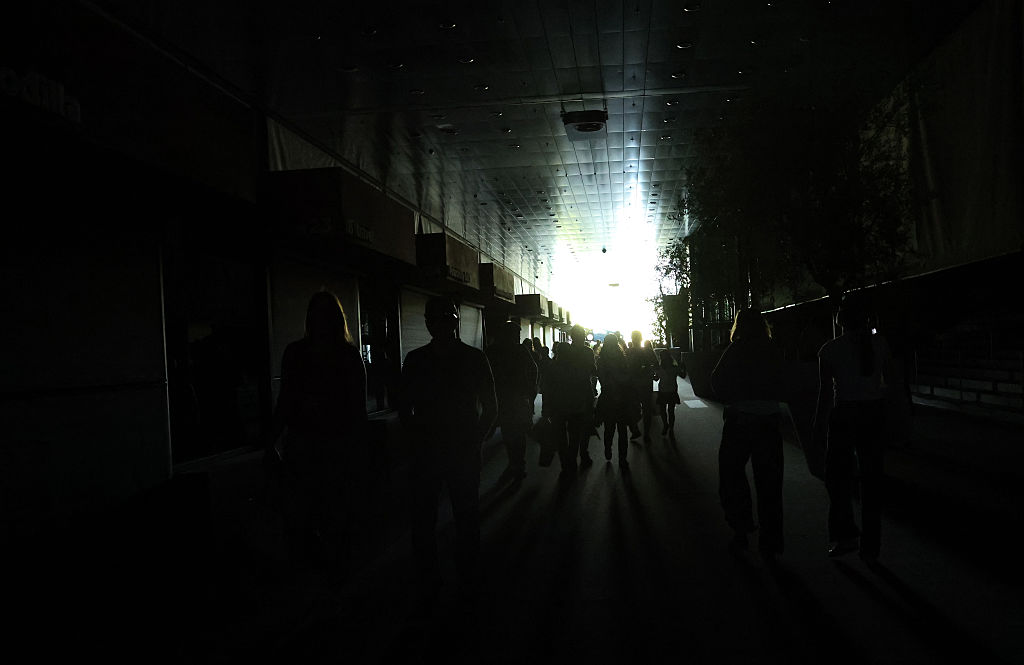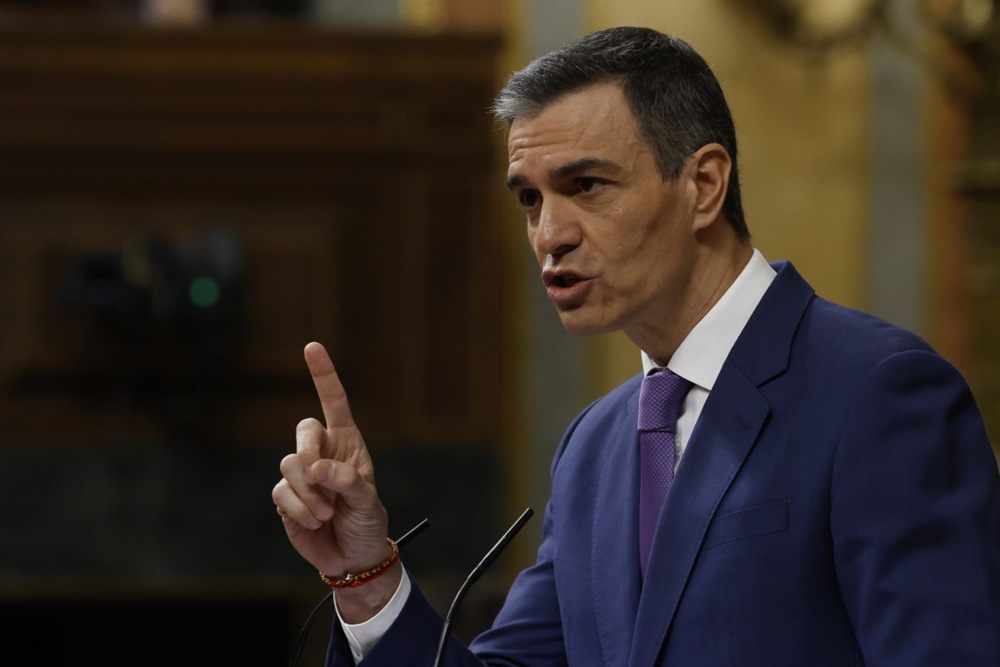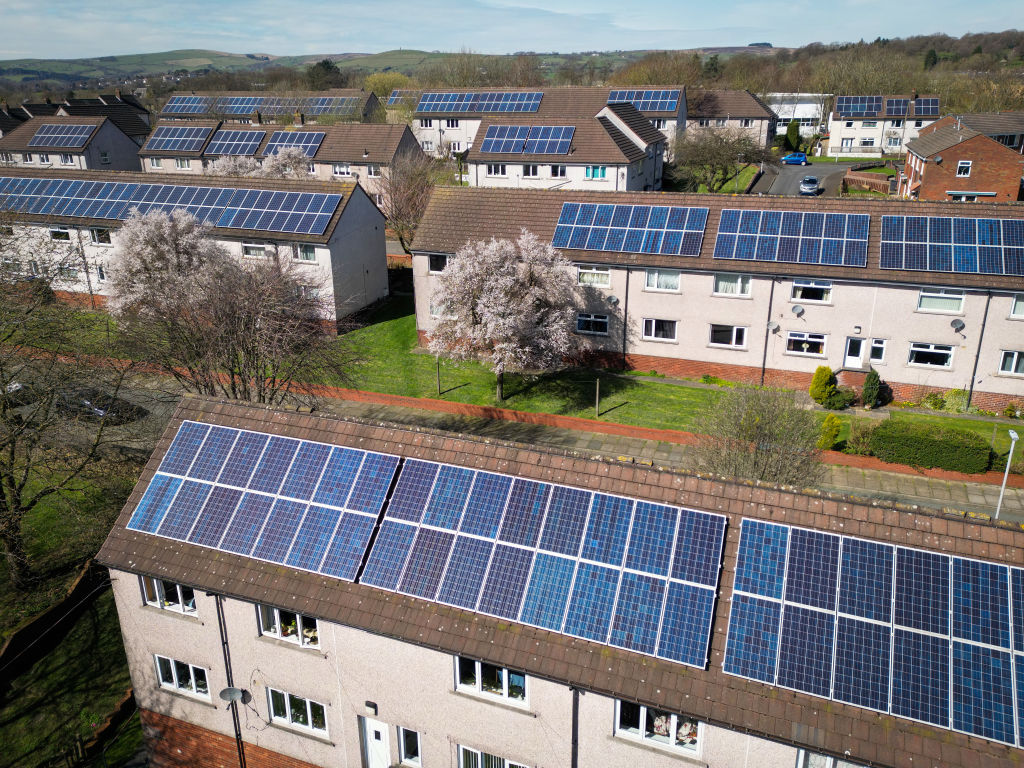The Berliner Zeitung newspaper reported that the high uptake of solar energy in Germany had increased the chances of an overload and an electricity blackout like the one that hit Spain and Portugal in April.
On June 20, it said it found that the country’s “power grids [were] under pressure like never before”.
Because of the high dependency on wind and solar energy, power grids were often overloaded because they could not yet absorb the installed capacity, experts said.
Replying to a query from the Berlin news outlet, Nora Weinhold, spokeswoman for the German grid operator Sachsen Energie, said power interruptions in Germany were generally very short in duration.
“Germany’s power supply system is among the safest and most reliable in the world,” she added, stressing the grid was better connected and neighbouring countries could transmit capacities when needed.
A similar argument was made by the utility company Mitnetz Strom.
Shortly after the blackout in Spain and Portugal, though, Frank Brinkmann, CEO of Sachsen Energie, said: “We are observing that the increasing feed-in of solar power is putting a particularly heavy strain on the grids in certain regions.”
Investments in grid expansion, which are being pursued consistently, were necessary — but even these would not solve the growing problem of unregulated feed-in from additional photovoltaic systems.
Eastern Germany, where Sachsen Energie operates, is a leader in the development of renewable energies, particularly in wind and solar power.
There, though, much-needed investments were lacking and the expansion of its power grids was lagging behind, observers said. Some major projects have been delayed multiple times and are now scheduled to go into operation much later than originally planned.
The Federal Network Agency has forecast costs of around €42 billion for the expansion of the distribution power grid throughout Germany by 2032.
Another study said that costs of about €730 billion would be incurred for Germany across all grids and federal States.
Berliner Zeitung noted that, although the federal States with a lot of renewable energy production exported a large share of the electricity they generated, local consumers bore disproportionately high grid charges.
That, the paper reported, was due to lower population density and the resulting higher per-customer costs for grid operators.
Spain’s Telecinco TV channel has accessed the internal exchanges of Red Eléctrica technicians, which are under analysis by an investigative committee. https://t.co/PKsRZg8Gad
— Brussels Signal (@brusselssignal) June 13, 2025





